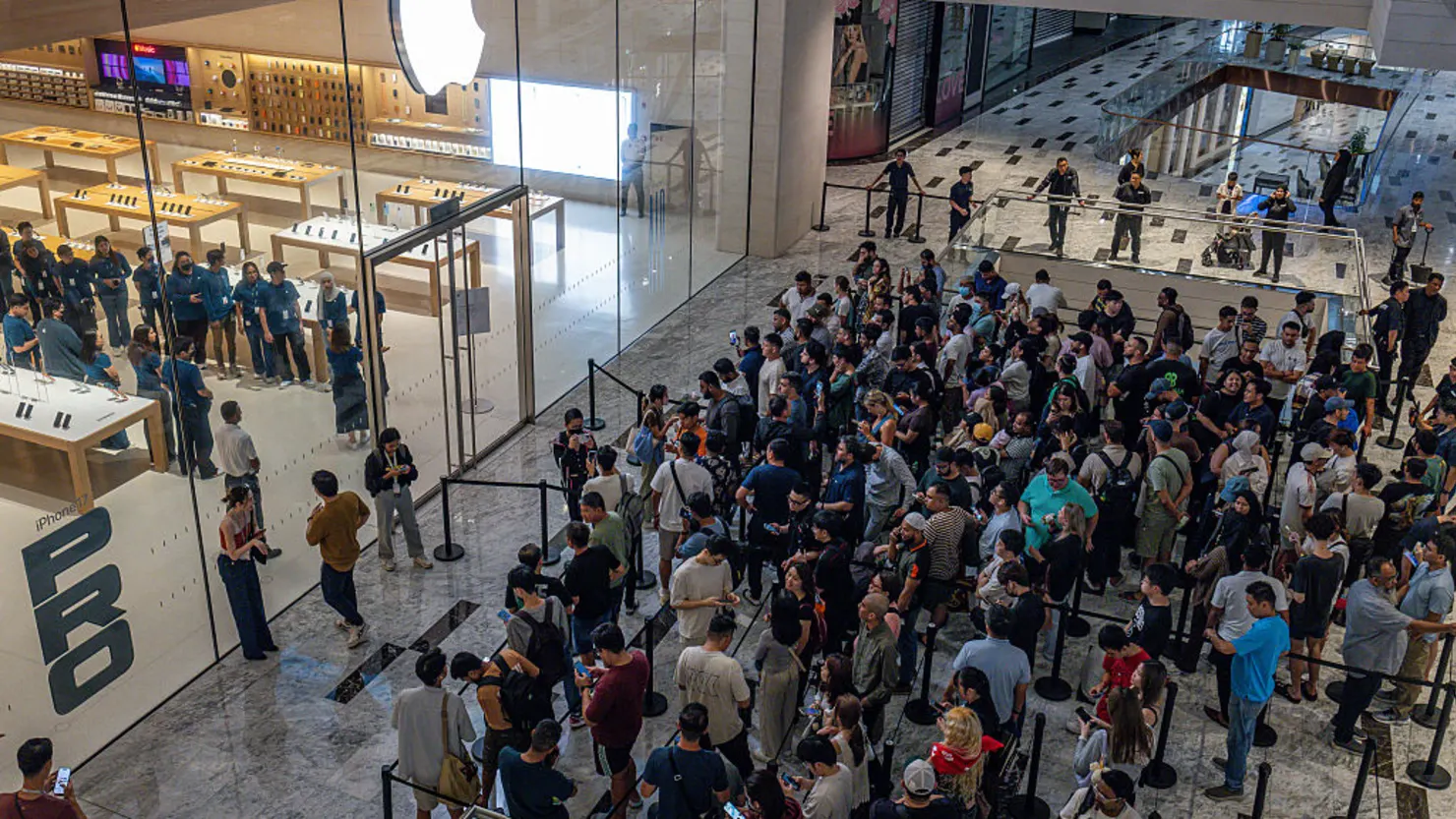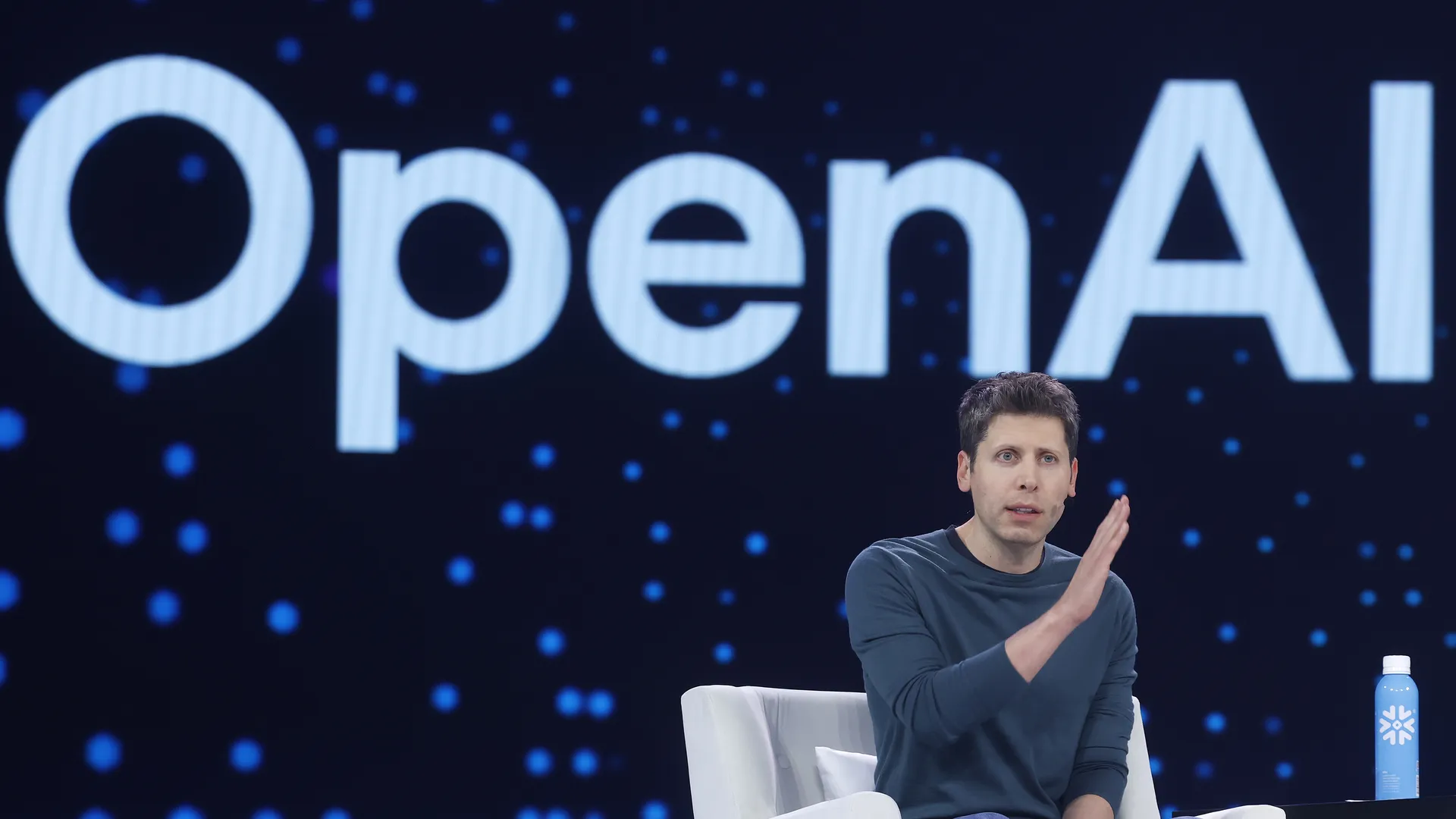Meta has formally announced the creation of Meta Superintelligence Labs (MSL), a new organizational structure that consolidates its artificial intelligence research and product teams under a unified banner.
The move signals a major shift in the company’s AI ambitions and further intensifies its competition with major industry players like OpenAI and Google.
Meta CEO Mark Zuckerberg introduced the new division in an internal memo released Monday. MSL will be co-led by Alexandr Wang, the former CEO of data-labeling firm Scale AI, and Nat Friedman, former GitHub CEO and a well-known AI investor. Wang will serve as Meta’s first Chief AI Officer, while Friedman will oversee AI products and applied research.
In his memo, Zuckerberg described the launch of MSL as a pivotal moment in Meta’s AI evolution, stating that “developing superintelligence is coming into sight” and calling the initiative “the beginning of a new era for humanity.”
The formation of Meta Superintelligence Labs brings together several of the company’s AI units, including its foundational model teams, product-focused groups, and the Fundamental AI Research (FAIR) team. It also includes a newly created lab focused on advancing the next generation of AI models.
The announcement comes as Meta continues an aggressive push to expand its AI capabilities. The company has invested billions in infrastructure, including data centers and custom chips, and has accelerated hiring efforts to bring in top researchers from leading AI labs. Meta has reportedly made significant offers to AI talent, including individuals previously affiliated with OpenAI, Anthropic, and Google.
Among the new hires are researchers involved in the development of major AI systems, such as GPT-4o and Google’s Gemini models. Zuckerberg’s memo highlighted several high-profile recruits, reflecting Meta’s intent to build one of the most capable AI research teams in the industry.
Meta’s AI vision is focused on developing what Zuckerberg calls “personal superintelligence”—AI systems that are deeply integrated into people’s daily lives and as capable as humans in performing a wide range of tasks. While the concept of superintelligence remains loosely defined and largely theoretical, it generally refers to AI that significantly exceeds human intelligence across most or all domains.
Wang’s appointment as Chief AI Officer is notable, given his background in entrepreneurship and data infrastructure rather than academic AI research. Zuckerberg expressed strong confidence in Wang’s leadership, calling him “the most impressive founder of his generation” and citing their past collaboration.
The restructuring also reflects broader trends in the AI landscape, where companies are racing to build increasingly powerful AI systems and infrastructure. Meta is reportedly seeking additional private capital—up to $29 billion—for AI data center expansion, and its latest moves suggest a long-term strategy that hinges on scaling compute capacity, talent, and research breakthroughs.
While Meta’s financial position allows for aggressive investment, the competition is similarly well-resourced. Microsoft, Google, and OpenAI are all investing heavily in AI infrastructure, partnerships, and talent. OpenAI, for example, is planning a $500 billion investment with partners to build its own AI supercomputing network, known as “Stargate.”
Still, Zuckerberg believes Meta’s combination of scale, consumer reach, and organizational agility gives it an edge.
“We are uniquely positioned to deliver superintelligence to the world,” he wrote, pointing to the company’s experience building products used by billions and its leadership in emerging areas like AI-powered glasses and wearable technology.
Meta plans to continue iterating on its Llama large language models, with versions 4.1 and 4.2 expected to support both Meta’s internal agents and public-facing tools. In parallel, the company has begun work on a new frontier model, assembling a highly concentrated team of AI experts to push performance even further.
With MSL now in place and key leadership roles filled, Meta is signaling that its pursuit of advanced AI will be central to its strategy moving forward—even as the risks and competitive pressures continue to grow.
With input from Business Insider and Fortune.










The latest news in your social feeds
Subscribe to our social media platforms to stay tuned